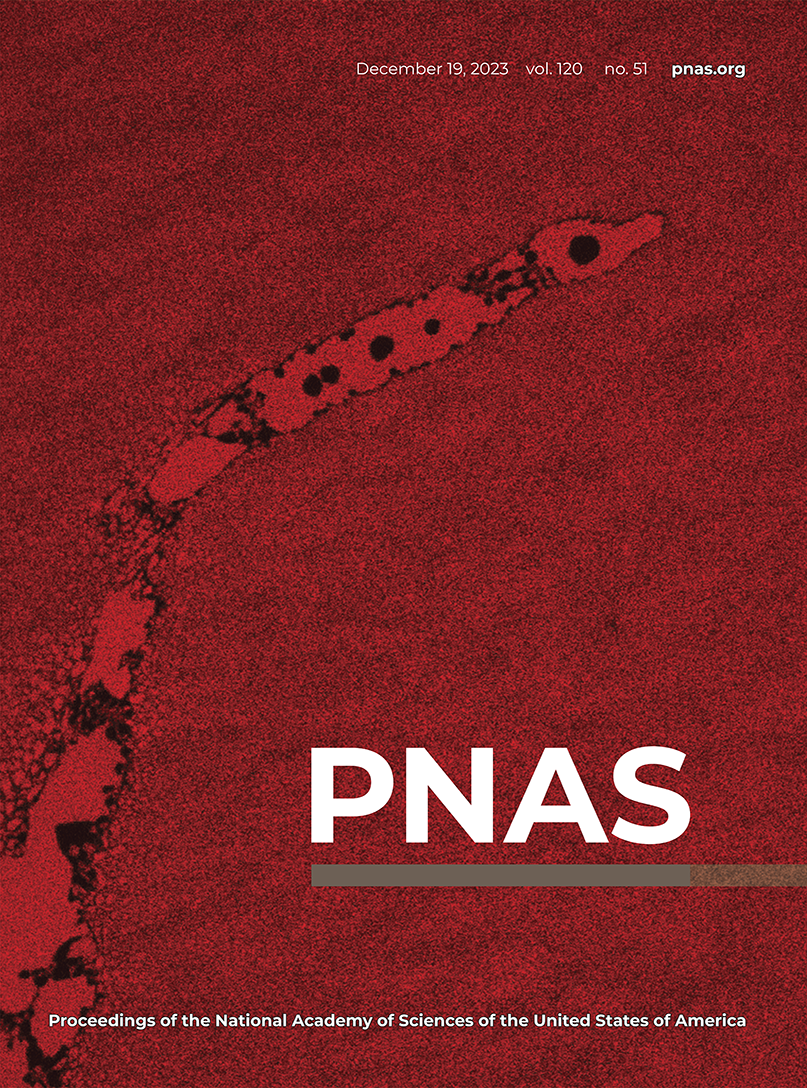
Emergence and collapse of reciprocity in semiautomatic driving coordination experiments with humans
Abstract
Forms of both simple and complex machine intelligence are increasingly acting within human groups in order to affect collective outcomes. Considering the nature of collective action problems, however, such involvement could paradoxically and unintentionally suppress existing beneficial social norms in humans, such as those involving cooperation. Here, we test theoretical predictions about such an effect using a unique cyber-physical lab experiment where online participants (N = 300 in 150 dyads) drive robotic vehicles remotely in a coordination game. We show that autobraking assistance increases human altruism, such as giving way to others, and that communication helps people to make mutual concessions. On the other hand, autosteering assistance completely inhibits the emergence of reciprocity between people in favor of self-interest maximization. The negative social repercussions persist even after the assistance system is deactivated. Furthermore, adding communication capabilities does not relieve this inhibition of reciprocity because people rarely communicate in the presence of autosteering assistance. Our findings suggest that active safety assistance (a form of simple AI support) can alter the dynamics of social coordination between people, including by affecting the trade-off between individual safety and social reciprocity. The difference between autobraking and autosteering assistance appears to relate to whether the assistive technology supports or replaces human agency in social coordination dilemmas. Humans have developed norms of reciprocity to address collective challenges, but such tacit understandings could break down in situations where machine intelligence is involved in human decision-making without having any normative commitments.
Citation:
H Shirado, S Kasahara, NA Christakis. "Emergence and collapse of reciprocity in semiautomatic driving coordination experiments with humans," PNAS, 2023 Dec 19;120(51):e2307804120. doi: 10.1073/pnas.2307804120. Epub 2023 Dec 11.